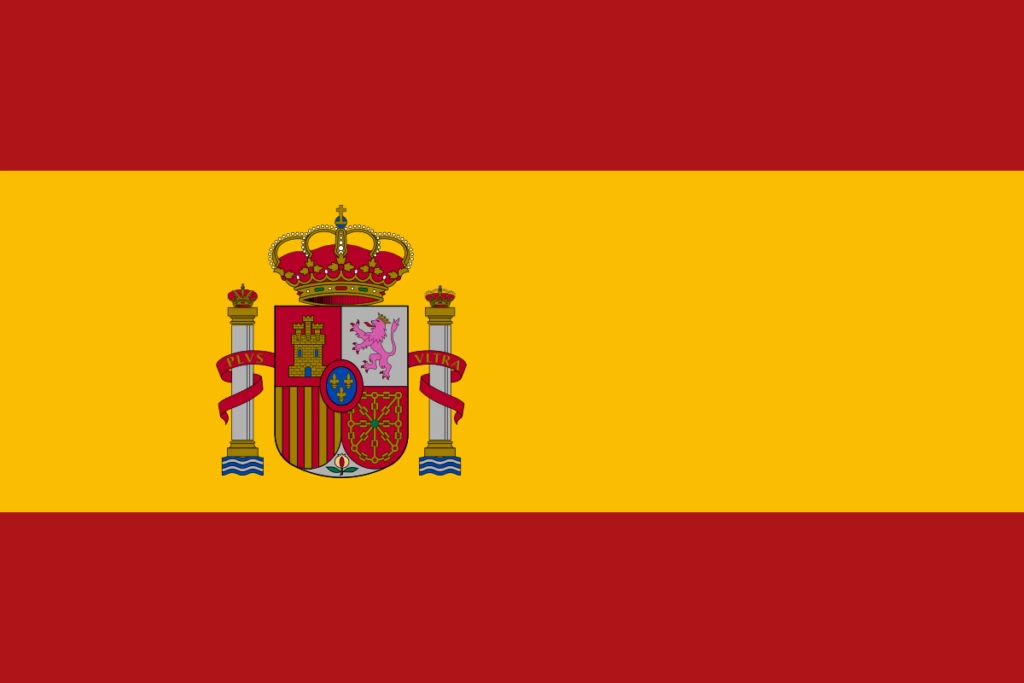Home / Japanese translation agency
Japanese translation agency
Urgent Vertalen Translation Agency provides high-quality and flawless Japanese translations of your documents. We specialise in translating documents to and from Japanese and work with a wide range of companies and organisations.


Have your document translated from or into Japanese by a professional Japanese translation agency
Translating from or into Japanese does not always require a sworn translation; you may simply wish to have something translated for personal use. This could include a website, blog, brochure, or even a love letter. We work exclusively with qualified and native Japanese translators who are happy to assist you. The Japanese language is spoken by approximately 127 million people in Japan. In addition, Japanese is also spoken by immigrants in countries such as Brazil, the United States, and Peru. For many Westerners, Japanese is considered a difficult language due to its many different writing systems. Moreover, Japanese uses metaphors and expressions that differ significantly from those commonly used in the West. Are you looking for a Japanese translation agency that can deliver your official documents and texts at a competitive rate and with impeccable quality? Then you have come to the right place at Urgent Vertalen.

The guarantees of our translation agency
A sworn Japanese translation by an official Japanese translation agency
A sworn translation from Japanese to Dutch or from Dutch to Japanese is provided by a sworn translator at our Japanese translation agency. A sworn translator holds a completed translation qualification at higher professional education (HBO) level and is authorised to officially translate documents such as deeds, diplomas, Chamber of Commerce extracts, or birth certificates.
It may be the case that your sworn Japanese translation also needs to be legalized for use in the country in which you intend to submit it. We have outlined the legalization requirements per country. Translation agency Urgent Vertalen offers the service of legalizing your sworn translation. Our agency is strategically located in The Hague, within close proximity of all the necessary institutions involved in the legalization process. This enables us to handle the entire legalization process for you at a very competitive rate.
Why choose the legalization service of Urgent Vertalen for Japanese documents? It saves you a great deal of time and effort. There is no need to take time off work to visit various institutions. You also avoid making multiple trips to and from The Hague, thus saving on travel expenses. Urgent Vertalen in The Hague is an expert in legalizing documentation and is always fully up to date with the latest legalization requirements. This means you won’t encounter any unpleasant surprises at official bodies. Once your sworn Japanese translation is complete, we can immediately begin the legalization process, ensuring your legalized document is ready sooner. Your documentation will be sent to you with full tracking, so you will know exactly when to expect delivery of your legalized documents.
Your translation in three simple steps
Your Japanese translation agency for Japanese translations
As the name suggests, Urgent Vertalen is a Japanese translation agency. Because we work with Japanese translations on a daily basis—both sworn and standard—we have a large team of Japanese translators at your service. Thanks to the size and diversity of our team of sworn Japanese translators, we are able to deliver your Japanese translations quickly and at competitive rates. As a Dutch to Japanese translation agency, we handle translations of brochures, CVs, letters, and manuals on a daily basis. Every translation is carried out with care by one of our native Japanese translators. Not only are we specialists in translations from Dutch into Japanese, but language combinations such as Spanish to Japanese and French to Japanese are also frequently handled by our Dutch to Japanese translation agency.
Every text is unique, which is why each translation assignment is carefully assessed according to the type of text. We firmly believe that a native-speaker translator with sufficient experience in your field of expertise should always be assigned to your translation. A standard Dutch to Japanese translator will never be asked to handle a legal document. This is precisely why you can rely on a high-quality translation from Japanese into Dutch.
Most popular languages at this time
Information about the Japanese language
The Japanese language is historically divided into four distinct periods: Old Japanese, Early Middle Japanese, Late Middle Japanese, and Modern Japanese. Old Japanese dates back to before the 8th century; from the 9th to the 11th century, Japan used Early Middle Japanese. From then until the 16th century, the language evolved into Late Middle Japanese, followed by Modern Japanese from the 16th century to the present day. Japanese generally forms its own language group – the Japonic languages – which also includes the languages spoken on the Ryukyu Islands. Japanese grammar shows the greatest similarities with that of the Altaic language family. This is why many linguists believe Japanese is related to Korean. Due to the strong grammatical similarities with Altaic languages, Turkish speakers often find it easier to learn Japanese than speakers of Indo-European languages. Historically, Japanese has borrowed many words from Chinese, but nowadays English loanwords are far more common. The Japanese word for coffee, for example, is koohii – a loanword of Arabic origin introduced to Japan via Dutch traders. In addition to English, the Japanese language also features a few Dutch loanwords, such as biiru (beer), tarappu (staircase), and karan (tap/faucet). Japanese uses three writing systems: kanji, katakana, and hiragana. The latter two are syllabaries, meaning that each symbol represents a specific sound. Contemporary Japanese uses 46 katakana and 46 hiragana characters. Hiragana is generally used for verb endings, grammatical particles, and words not written in kanji. Katakana is mainly used for loanwords and foreign names. Kanji is employed for verb roots, nouns, and Japanese names.
Because we carefully select the Japanese translator based on your specific document, you are guaranteed a fully accurate translation. As we fully stand behind the quality of our translations, we are also willing to accept the consequences if your Japanese translation proves to be incorrect. At our Japanese translation agency, we believe that not only must our sworn translators meet stringent admission criteria, but that any Dutch to Japanese or Japanese to Dutch translator – sworn or not – must hold a completed translation qualification at a minimum of HBO level and have demonstrable experience. If you are not satisfied with your Japanese translation, you will simply get your money back!
.
Japanese translation agency. How much is it?
Satisfied customers: 9.6 based on over 3000+ reviews
Frequently-asked questions about Japanese translation agency
What kind of Japanese translation services do you offer?.
We offer a wide range of translation services, including document translations, website translations, business correspondence, technical translations, legal documents, medical translations, and more. Our team consists of experienced translators with expertise in various fields, all focused on the Japanese language.
How do you ensure the quality of the Japanese translations?
We understand the importance of accuracy and quality in translation. Our translators are native speakers of the target language and have extensive experience in translation. Furthermore, we apply rigorous revision and quality control procedures to ensure every translation meets our high standards.
What is the typical turnaround time for translation projects?
The turnaround time of a translation project can vary depending on its size, complexity, and deadline. In general, we aim to complete projects as quickly as possible without compromising on quality. For specific deadlines and urgent projects, please contact us for further discussion.
How is communication handled during the translation process?.
We believe in transparent communication and engagement with our clients throughout the entire translation process. You will be assigned a dedicated contact person who is available to answer questions, provide updates, and discuss any concerns.
How does your Japanese translation agency handle confidentiality and sensitive information?
We place great importance on the confidentiality of the information entrusted to us. Our translation agency applies strict policies and procedures to safeguard the confidentiality of all documents. We are also happy to sign non-disclosure agreements if required.







